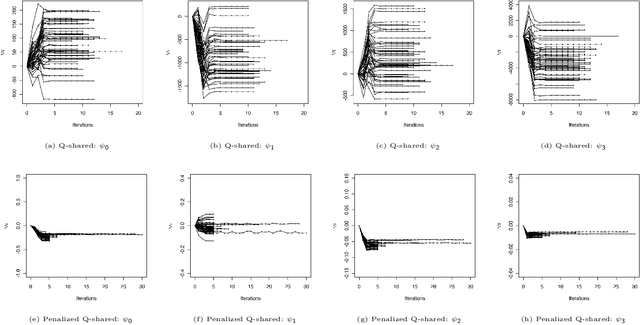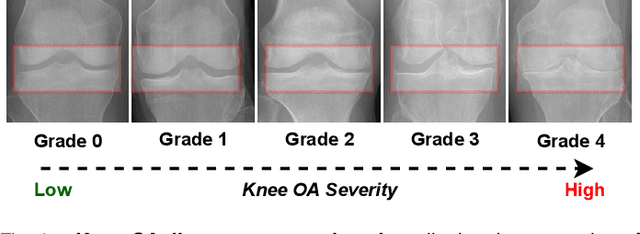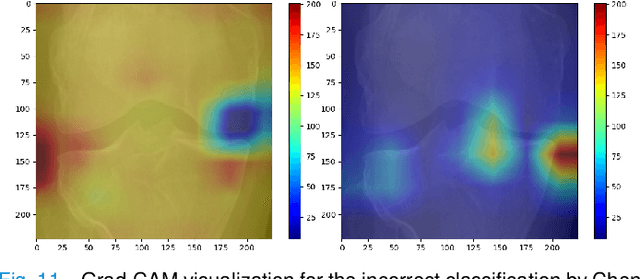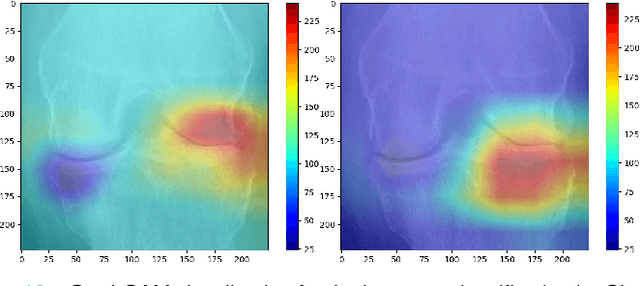Palash Ghosh
A Penalized Shared-parameter Algorithm for Estimating Optimal Dynamic Treatment Regimens
Jul 13, 2021



Abstract:A dynamic treatment regimen (DTR) is a set of decision rules to personalize treatments for an individual using their medical history. The Q-learning based Q-shared algorithm has been used to develop DTRs that involve decision rules shared across multiple stages of intervention. We show that the existing Q-shared algorithm can suffer from non-convergence due to the use of linear models in the Q-learning setup, and identify the condition in which Q-shared fails. Leveraging properties from expansion-constrained ordinary least-squares, we give a penalized Q-shared algorithm that not only converges in settings that violate the condition, but can outperform the original Q-shared algorithm even when the condition is satisfied. We give evidence for the proposed method in a real-world application and several synthetic simulations.
Knee Osteoarthritis Severity Prediction using an Attentive Multi-Scale Deep Convolutional Neural Network
Jun 27, 2021



Abstract:Knee Osteoarthritis (OA) is a destructive joint disease identified by joint stiffness, pain, and functional disability concerning millions of lives across the globe. It is generally assessed by evaluating physical symptoms, medical history, and other joint screening tests like radiographs, Magnetic Resonance Imaging (MRI), and Computed Tomography (CT) scans. Unfortunately, the conventional methods are very subjective, which forms a barrier in detecting the disease progression at an early stage. This paper presents a deep learning-based framework, namely OsteoHRNet, that automatically assesses the Knee OA severity in terms of Kellgren and Lawrence (KL) grade classification from X-rays. As a primary novelty, the proposed approach is built upon one of the most recent deep models, called the High-Resolution Network (HRNet), to capture the multi-scale features of knee X-rays. In addition, we have also incorporated an attention mechanism to filter out the counterproductive features and boost the performance further. Our proposed model has achieved the best multiclass accuracy of 71.74% and MAE of 0.311 on the baseline cohort of the OAI dataset, which is a remarkable gain over the existing best-published works. We have also employed the Gradient-based Class Activation Maps (Grad-CAMs) visualization to justify the proposed network learning.
 Add to Chrome
Add to Chrome Add to Firefox
Add to Firefox Add to Edge
Add to Edge